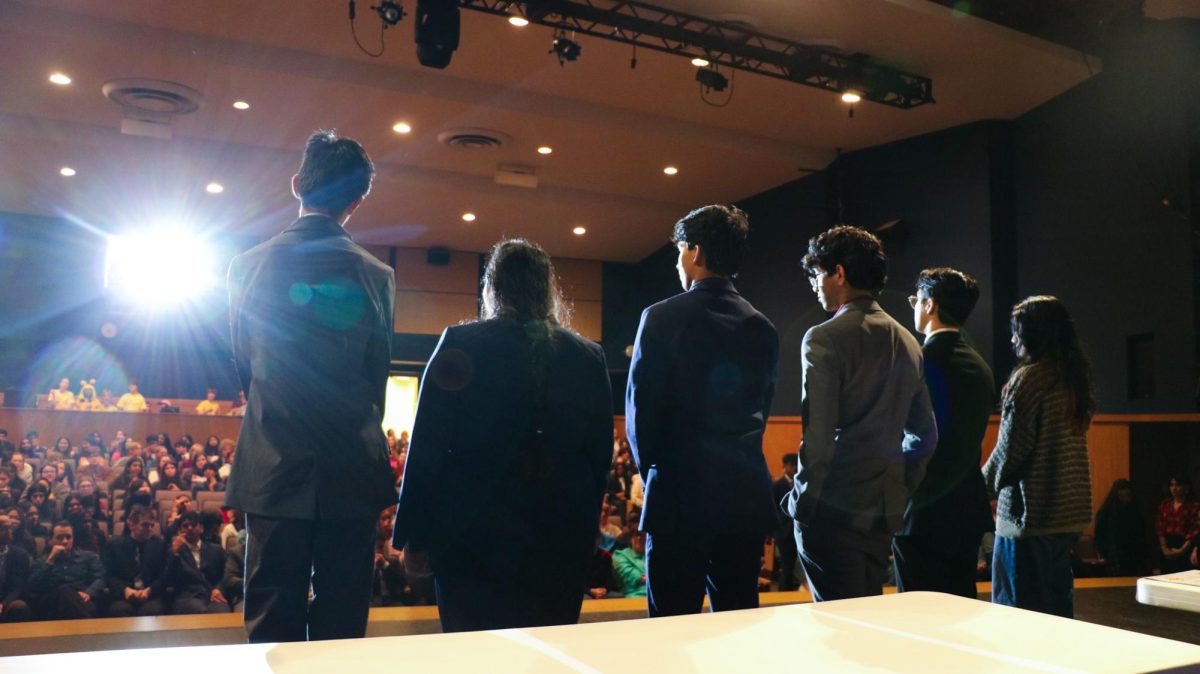Free Speech Comes at a Cost
Jeffrey Cheng
On January 20th, Sarah Palin posted the following on Facebook:
“I have a dream that my four little children will one day live in a nation where they will not be judged by the color of their skin, but by the content of their character.” – Martin Luther King, Jr.
Mr. President, in honor of Martin Luther King, Jr. and all who commit to ending any racial divide, no more playing the race card.
As I read through this, I felt a mixture of confusion, disgust, and muted fury. Who did this woman think she was to accuse her nation’s leader of taking advantage of his race? Comments of this nature aren’t just sickening; they’re libelous and illegal.
Unfortunately, so-called “opinions†like Palin’s are becoming increasingly widespread on the Internet, where people feel free to share whatever thoughts they might have. Most are under the impression that the intangible nature of the Internet renders any published notion beyond the law—the worst that they can imagine is someone who they don’t want seeing the comment…seeing the comment.
They are wrong. Free speech is not a license to be stupid because it, like all of the other freedoms we enjoy, has limits. One of the most important of these restrictions is libel, which is defined as any statement that is false, malicious, and damaging to one’s reputation. Libel restrictions are not unreasonable laws; people do not and should not have the right to wrongfully hurt others through speech. And speech that is online should not be exempt from such laws, as established by 47 U.S.C. § 230. If anything, the Internet is the worst medium to spread slander and libel because it is readily available to the largest readership of any forum of communication to ever exist.
Many may find this discourse to be bothersome and didactic, but the truth of the matter remains that the Internet remains a festering cesspool of uninformed opinions that remain harmful to others. Even publicly elected officials perpetuate this practice. If there is one lesson to be learned, let it be this: be mindful of what you post online, not only for your own sake in hiding from your parents, colleges, employers, and the NSA, but also for those who might be victimized by online denigration.






